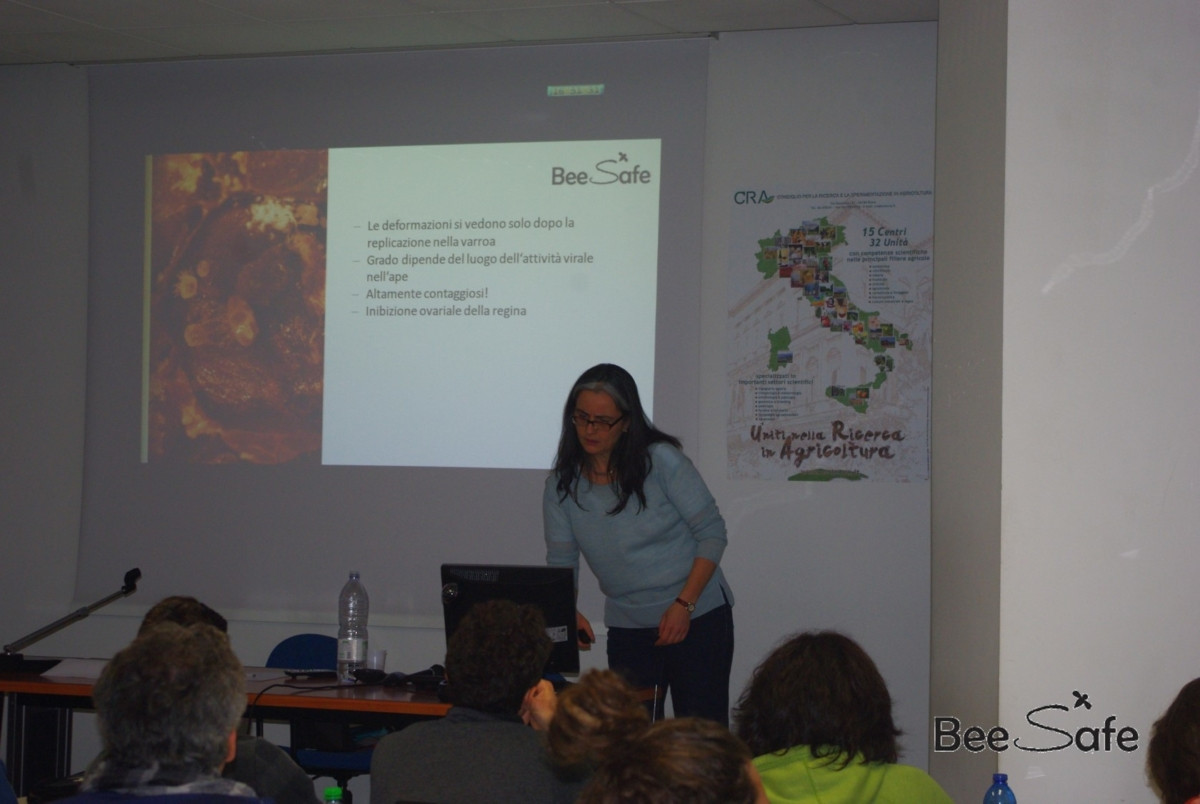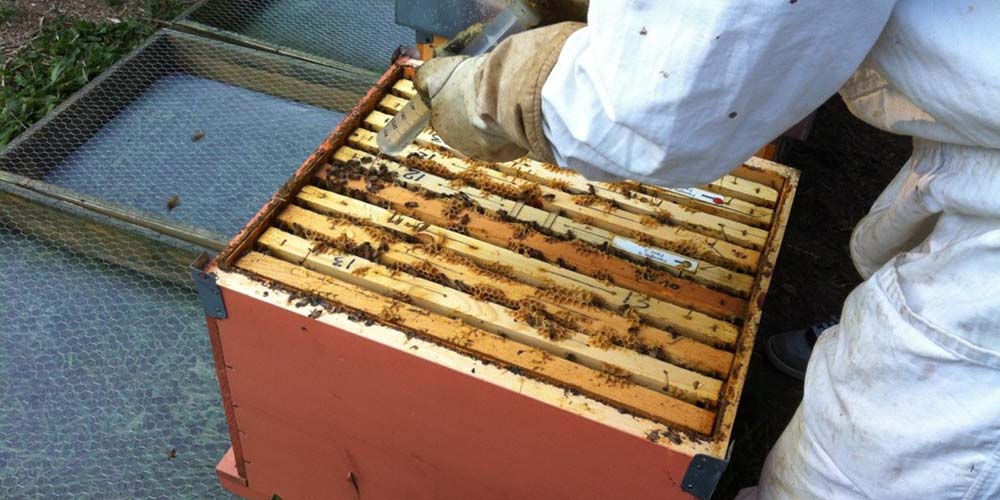Last week, the German journal “Die Zeit” wrote about “The downfall of facts”. In short interviews ten scientists talked about the most contested (or denied) facts of their area. Despite the clear tendencies not to accept scientific findings and to follow the most appealing opinions: most of them had a strategy to face this. And…


Today the Bee Week is starting in Brussels. Since 2012 it is organized every year, hosted by the European Parliament. This year’s theme is “Bees caring for Europeans. Europeans caring for Bees?”. The aim is to give different stakeholders and policy makers an opportunity to meet: representatives of European and national institutions, beekeepers, farmers, NGOs,…

Solitary bees contribute more than double the economic benefit of apple pollination than honeybees. This is the output of a study in the UK. For studying the contribution of different pollinators to apple yield, they asked three questions: how good do different flower visitors pollinate a flower? how often do the diverse groups visit apple…

In public perception, “ecology” is used mostly in the context of conservation and sustainability. The science with this name though, deals with the relationships between organisms, species, populations and their living (biotic) and dead (abiotic) environment. Every species is embedded in a net of relationsships with its surroundings: this is true for pollinators, their pests…

The introduction of European bumblebees in Chile brought the only native species, Bombus dahlbomii, close to extinction. Two species were introduced in Chile, B. ruderatus and B. terrestris. It seems that the latter not only pushed back the native bees, but also transmitted diseases which had this devastating effect to the world’s biggest bumblebee. An…

Two weeks ago I wrote about my time in Thailand and how an old beekeeper preferred native Apis cerana to European A. mellifera. Unfortunately, it seems that this attitude did not persist: there are several notices that Asian honeybees are in decline. This is again bad news for biodiversity. Last year I saw a poster…

0